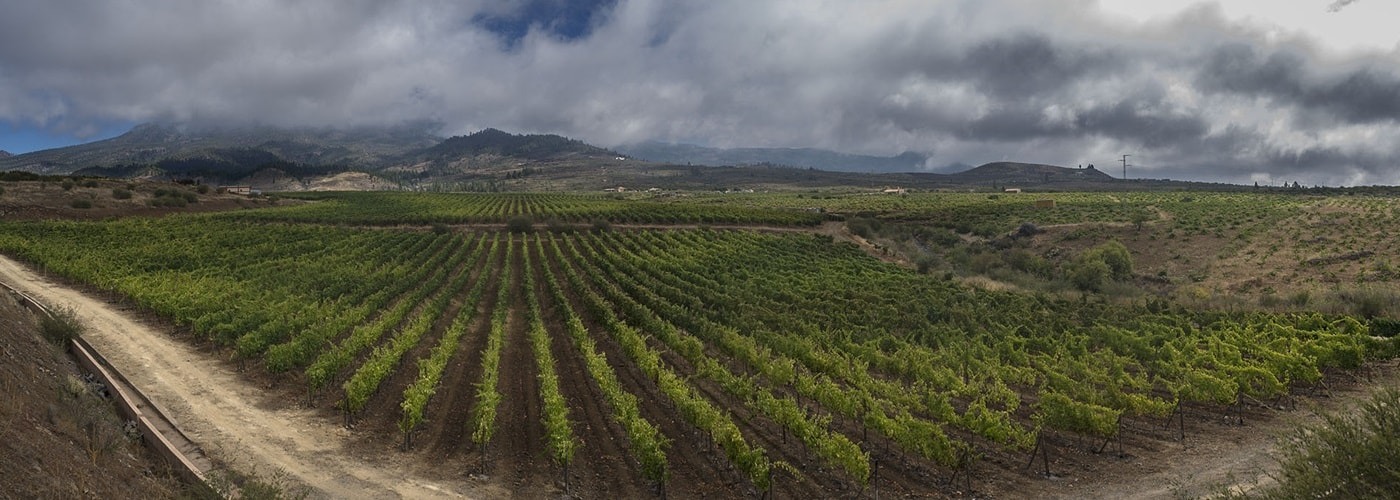8,550 hl
You are here
Islas Canarias DO


This DO covers all the territory of the Canary Islands that have now more than 80 identified varieties of vines and preserve an extraordinary vine heritage, principally endemic.
It is one of the 4 world regions completely exempt from the phylloxera plague. The reason for this immunity is unknown, but this insect has never been detected in any of the Islands. As a consequence, the whole vineyard isungrafted, enabling a plant-soil total interaction, what may explain the strong mineralization of the Canary Islands wines.
The PDO Canary Islands allows, mainly, to consolidate the regional market and tackle, assertively, the international commercialization. It shall be the “common brand” to showcase the Canary wine on foreign markets. The registration in the PDO is voluntary and can coexist with the present Designations of Origin. These can also join the PDO, keeping their specificities as a subarea. They may be also compatible with the future unification of the present PDOs in Tenerife. The PDO Canary Islands started its own activity in the 2012 harvest, when an amount of 600,000 kilos were qualified, with 130 grapewine growers, 20 wineries and a vineyard surface of 220 hectares.
Regulatory Council
Consejo Regulador DO Islas Canarias
C/La Palmita 10
38440 La Guancha
Tenerife
Tel.: 922 130 246
info@canarywine.com
http://www.canarywine.com
Sources
- Spanish Ministry of Agriculture
- Regulatory Council, Islas Canarias PDO
It is one of the 4 world regions completely exempt from the phylloxera plague.


500 ha.
50 - 1,500 m.
Soils vary much from one island to another and within the same island. They can be very little evolved ones, mainly formed by volcanic lapilli, but also more clayey soils or even of more chalky natures.
Sabro, Bermejuela, Forastera Blanca, Doradilla, Gual, Moscatel de Alejandría, Verdello, Vijariego, Bastardo Blanco, Breva, Burrablanca, Pedro Ximénez, Torrontés, Malvasía Aromática, Malvasía Volcánica and Listán Blanco.
Pinot Noir, Ruby Cabernet, Syrah, Cabernet Sauvignon, Malvasía Rosada, Moscatel Negro, Merlot, Tempranillo, Listán Prieto, Listán Negro, Tintilla, Castellana Negra, Negramoll, Vijariego and Bastardo Tinto.
10,000 kg/ha
74%
7,850 hl
7,200 hl








